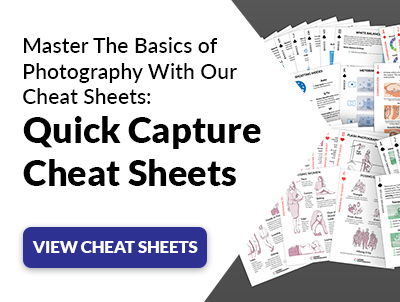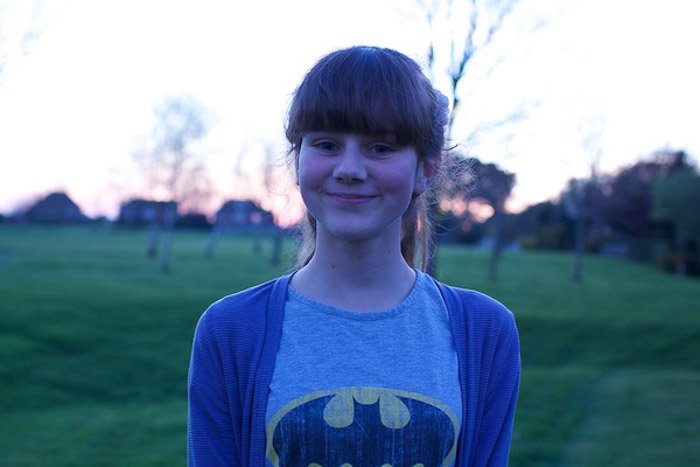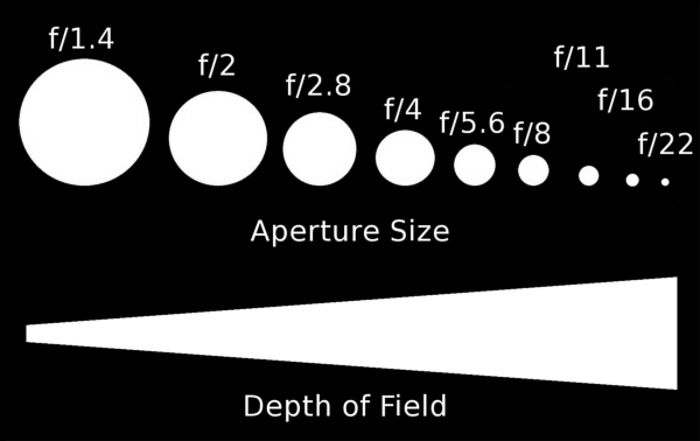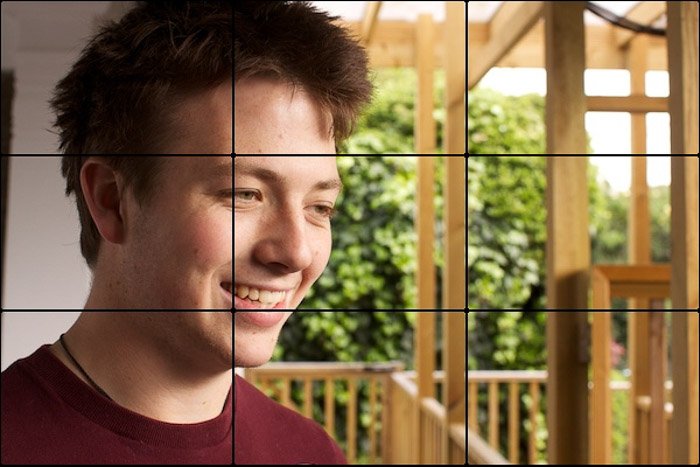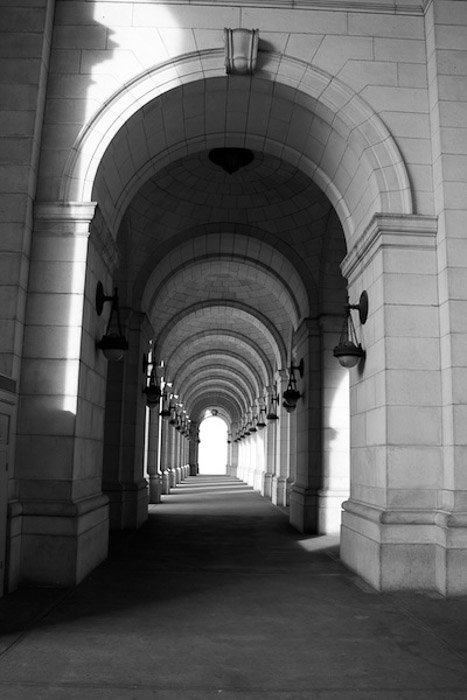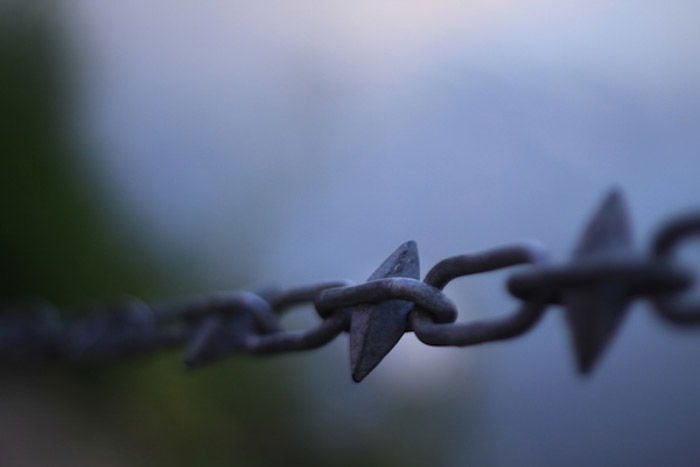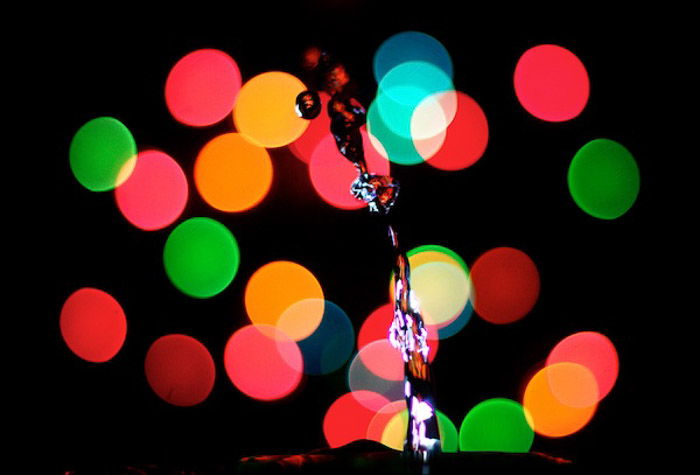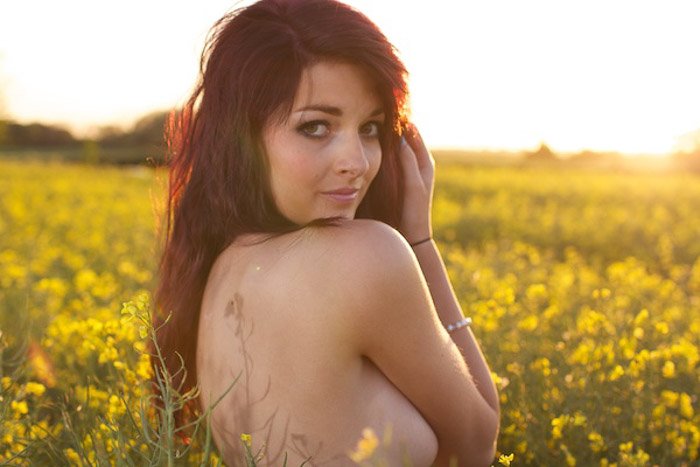So how do you go about mastering photography? Read on for 10 simple steps that will help you improve your skills and take your photography to the next level.
Master Photography: Read Your Camera’s Manual
Day 1: Read your camera manual. I know it sounds lame but this is really important if you want to progress fast with your photography. Old film cameras are really easy to learn but, if you’re using a shiny new DSLR, there will be features that you’ll never understand until you’ve picked up your camera’s manual. When I got my first DSLR, that’s the first thing I did. In fact, I carried it around with me whenever I went out on photo walks; I found that learning something once wasn’t enough for me, I had to constantly check up on it. I’m a kinesthetic learner, so reading from a book isn’t the best way for me to learn. So long as I had my camera with me to use at the same time, I could learn much more easily. If you don’t follow this step first, the rest of the process is going to be an uphill struggle.
Learn Exposure
Exposure is key to learning photography because every photo is an exposure. Learning how exposure works will help you to take control of your camera and, in doing so, take better photos. As you start to learn what shutter speed, aperture and ISO do, you’ll learn about the other effects that each one has on your photos. This knowledge can be used to produce some really creative results. The more you know about how exposure works, the easier it will be for you to take great photos as you’ll have a better understanding of the consequences of the changes you make to your camera. Poor exposure is one of the most popular contributors to bad photography so, by simply learning what it takes to correctly capture a photo, you’re well on the way to taking better photos.
Learn the Rest
Once you’ve got exposure out of the way, you’ll be in a much better frame of mind to start learning what the rest of the camera can do. Seeing as you’ve read your camera’s manual, you’ll find it easy to do so on your camera. This can range from basic camera settings like metering modes, white balance and exposure compensation, to depth of field, focal length and the crop factor. The more you understand, the more knowledge you will have at your disposal when it comes to taking photos. The first thing you should look into is shooting modes because, the sooner you understand what the different mode dials do, the sooner you’ll be able to get away from shooting on full-auto or program. You can then start shooting in manual or a priority mode, which will always produce better photos if done properly.
Learn Composition
Learning composition has undoubtedly made a huge difference to the way in which I take photos; I now see things that I used to miss and adjust my framing to include them. This can be anything from using the rule of thirds and vertical lines, to the golden section and eye-lines. It can be very complicated at a glance but, the more you read up about compositional techniques, the more you’ll start to see it when you look through your viewfinder. Taking good photos will become much easier. The difference between my photography before and after I studied composition is quite astounding; I now know better than to take a photo without thinking about how it can be improved first. The more you practice, the faster that decision making will become.
Forget Composition
I know, I know – I just told you to learn composition but, as with everything, it’s never that simple. If I just said that you had to learn composition, you’d think that the struggle was over and your photos would turn out great which (sadly) isn’t the case. You need to learn composition so that you can start to see how you might improve a photo, then forget all of the ‘rules’; in reality they’re not rules at all, but guides. These help to guide your eyes into taking great photos but should never be followed just for the sake of it. There are no rules to taking great photos because all art is subjective; one man’s junk can be another man’s treasure. So long as you’ve installed the knowledge of composition into your mind, you’ll be able to see what you can do to take better photos.
Take Your Camera Everywhere
This will make a huge difference to your photography because, if you’ve always got your camera on you, you’ll start to develop the eyes and mind of a photographer. Instead of only looking for photos when you’ve taken your camera on a walk, you’ll start to see these potential photos everywhere as you’ll always have your camera on you. Not only does this help to train your mind, but you’ll actually start taking better photos; you’re taking more of them. You can’t take a photo if you don’t have a camera with you. Buy a good camera strap like a Sun Sniper and start to organize your photography workflow better – the rest will start to fall into place very easily.
Buy a New Lens
Be careful about this one; buying a new lens can spawn a habit, which gets expensive. When you start to see what a new lens can do for your photography and understanding, you’ll want to buy a lot more. I learnt a lot about photography by buying a 50mm f/1.8 because, as I stated previously, I’m a kinesthetic learner: it’s easier for me to see how changing something on my camera will change my photos by actually doing it. You’ll start to learn more about aperture, depth of field, sharpness, focal length, perspective and lighting, to name just a few. There really is only so much that you can do by reading and it gets to a point where you just have to pick up your camera and start actually taking photos.
Start a Photo Project
I recently wrote about photo projects and what they can do for your photography in this post. I’m a big fan of them because they can focus your learning into a certain area, as well as encouraging regular photography. It can get a little bit tedious but, if you have it in you to stick with it, a photo project will force you to take better photos. They make for excellent new years resolutions because, for at least a few months, you will have a focus, a direction. More than anything, a project such as the 365 will track your progress as a photographer and encourage you to take more photos, which will invariably see you improve.
Join a Photography Community
Communities are a great way to start interacting with people who are interested in similar aspects of photography as you. Whether it’s a certain style of photography, or help with photography in general, they’re really useful. I used to use Flickr but I generally prefer smaller communities. Sites like Flickr and 500px are a great way to find people who are into the same types of photography as you, as well as being reliable backups. I no longer use either but that’s largely down to the amount of time I have available (running websites, a Facebook fan page and a Twitter account takes up most of it). I like to use smaller photography forums, such as the Expert Photography Forum, which allows me to help other people with their photography as well as find answers for myself – I would encourage you to check it out.
Write a Photography Blog
This one may surprise you as an option for improving your photography and, I’ll be honest, it surprised me too. When I started this website, I never knew the effect that it would have over my time and my photography – I certainly welcome the way it has changed both. It has encouraged me to do more photography just for the fun of it, as well as experiment with different styles and techniques, ultimately improving my photography. You don’t have to wait years to start a photography blog and you don’t even have to write or teach anything; it can just be a collection of your photography, such as a Tumblr page. No one needs to read it if you’d rather keep things private – it can be just for you, like a personal photography diary. When you start to sit down and study your photography (I do encourage writing about it) it will start to become clear where you’re going wrong and what you can do to improve.

